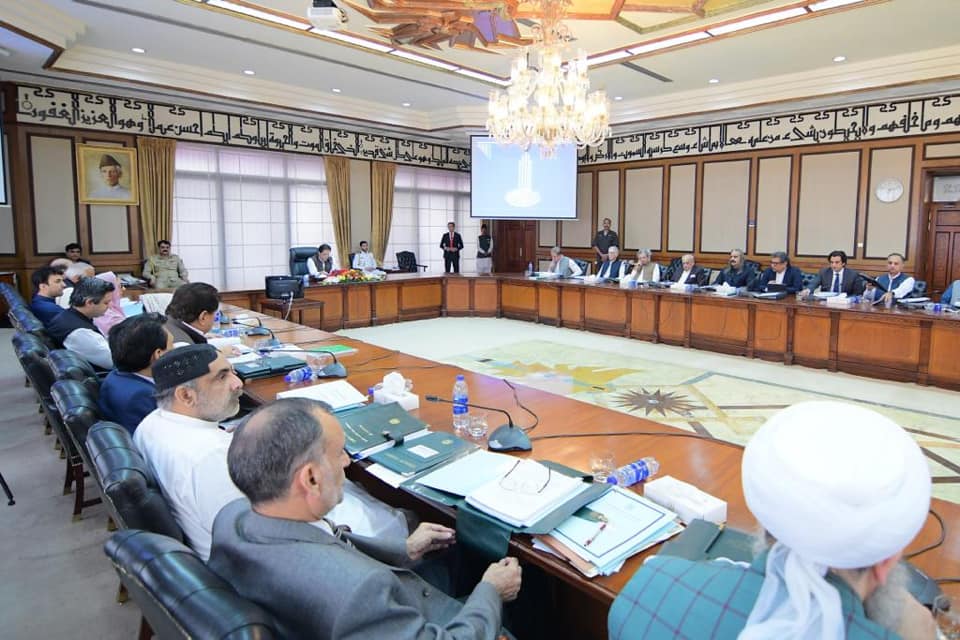With the ever booming global e-commerce industry, Pakistan’s Federal Cabinet has finally approved the first-ever e-commerce policy framework in the country. The approval was made at a cabinet meeting headed by PM Imran Khan earlier this week, where he added that this was a much-needed step which will accelerate the performance of Pakistan’s Kamyab Jawan Programme and One- Woman, One-Bank Account Initiative, as well as a trigger factor for empowering youth and creating job opportunities for them through digitalization.
According to the statistics shared by the Government of Pakistan on their official Twitter account, e-commerce sales in 2017 were Rs 20.7 bn, which grew by 93.7% to Rs 40.1 bn in 2018. Currently, 60% e-commerce transactions by value are post-paid cash-on-delivery (CoD) transactions. The new policy will work on shifting cash-on-delivery (CoD) payments to digital payments, following a timeline of September 2022 for payments beyond Rs 10,000. Moreover, steps will be taken to change all CoD payments into digital payments by 2029.
In comparison, the e-commerce sales in India were $20.5 bn in 2017, rising to $25.3 bn in 2018 and expected to grow up to $62.3 bn by 2023. The e-commerce industry is already at its peak in the developed countries, and it is about time for Pakistan to improve its e-commerce sector as well.
PM Imran Khan further reflected that around 64% of Pakistan’s population is under the age of 29 and is thereby more inclined towards using technology. According to the statistics issued by Pakistan Telecommunication Authority, there are around 162 million cellular subscribers and 71 million 3G/4G subscribers in Pakistan. Despite these figures, the trend of e-commerce in the country has been fairly low, and the approval of this new policy not only aims to increase Pakistan’s e-commerce trade but also lead it towards becoming a progressive global economy.
The e-commerce policy’s aims and objectives have been shared by the Government of Pakistan on its official Twitter account.
